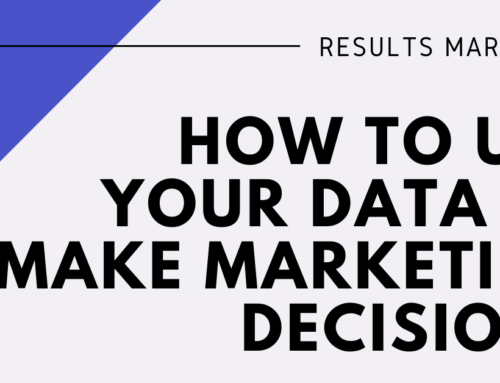The Easy Guide to SEO
SEO can sound complicated, confusing, and scary – but it doesn’t have to be! In this guide, we’ll show you some easy ways to boost your SEO and help position your site in search engine results in the year ahead.
What is SEO?
SEO – or, Search Engine Optimization – determines how visible your web pages are in search engine results, and how highly they rank on the list of results. The harsh truth is, if it’s too hard for search engines like Google to find your website, your business will suffer.
Technical Setup
When you look at a web page, you see a collection of graphics, colors, formatted text, and links. But when a search engine looks at a web page, all it sees is text. So, even if your website looks good to you, certain elements might be invisible to search engines like Google.
- The first step is to make sure your website and pages are as visible as possible to search engines.
- Set the navigation and links on your website and pages to be text-only.
- Keep your URLs short, and set them up to include as little beyond the main keyword for your page as possible.
- Use Google’s Page Speed Insights Tool to make sure your pages load quickly and easily.
- Make sure you have no dead links or broken redirects.
- Create a sitemap and robots.txt files to speed up crawling and indexing of your content.
- Make sure none of your pages have duplicate or near-identical content.
Content
Search engines analyze the content of a page to determine how to rank it.
- Start by discovering what phrases potential buyers enter into search engines. Identify terms and topics relevant to your business and convert them into keywords.
- Next, make sure you include at least the main keyword in the post’s title, URL, H1 Tag, the first paragraph of content, meta-title and description tags, and in the image file names and ALT tags.
- Help confirm a page’s credibility and authority by utilizing external and internal links, making sure your content is longer, and including multimedia elements like videos, diagrams, and audio players.
Links
The first two steps – technical setup and content – are focused on increasing relevancy. Links are responsible for popularity. The aim is to generate the highest quality references possible.
- Make sure you post links from websites that have good quality links pointing to them.
- Links from domains on a topic similar to yours will carry more authority than those from random websites.
- Linking from more trustworthy sites will always impact rankings better.
To generate quality links, you need to come up with a link building strategy. This could include the following:
- Contact other websites for links. After creating content, contact them to tell them about it. If they find it valuable, they’ll reference it. You can also suggest where they could link to your content on their site.
- Publish guest posts on third-party websites.
- Link to your website in your online profiles.
Investing time in your SEO is well worth it – you’ll increase your search visibility, bring in more visitors, and increase your conversions and sales.




